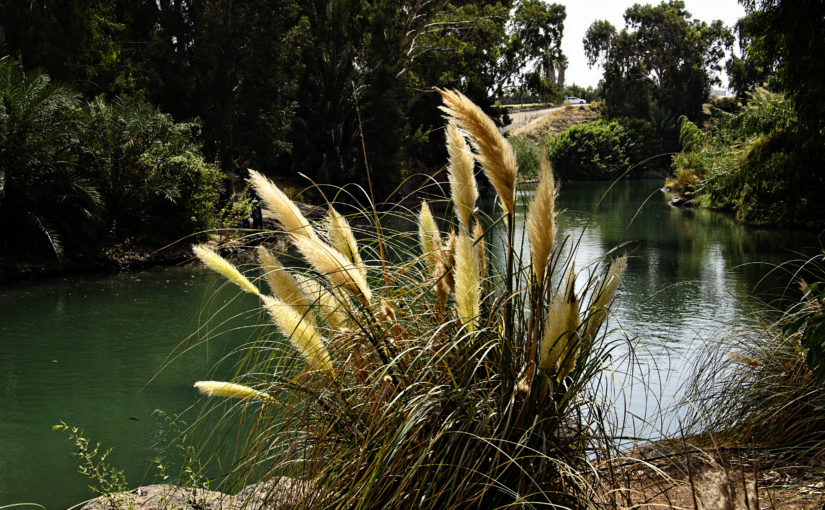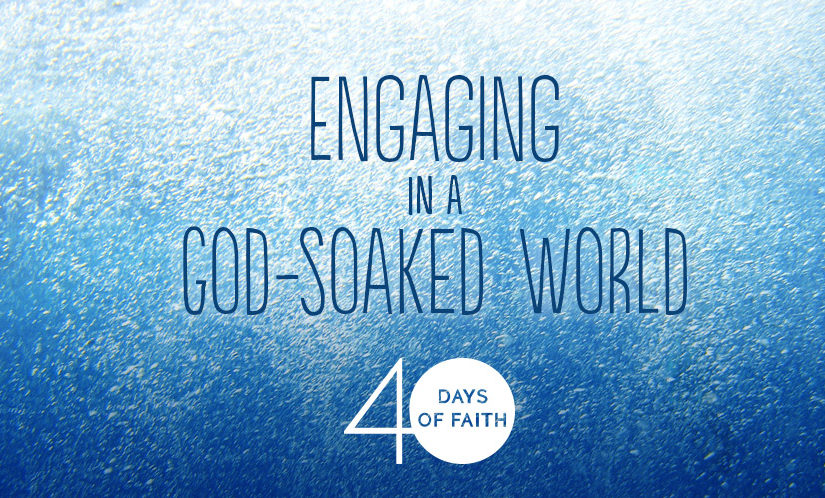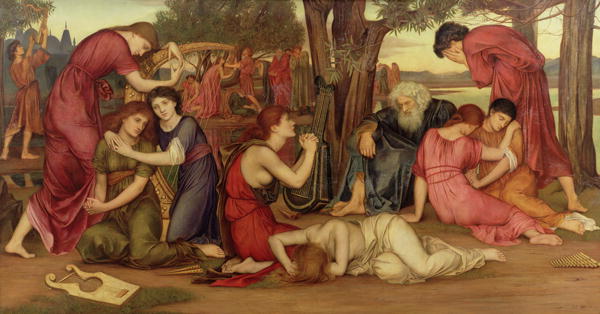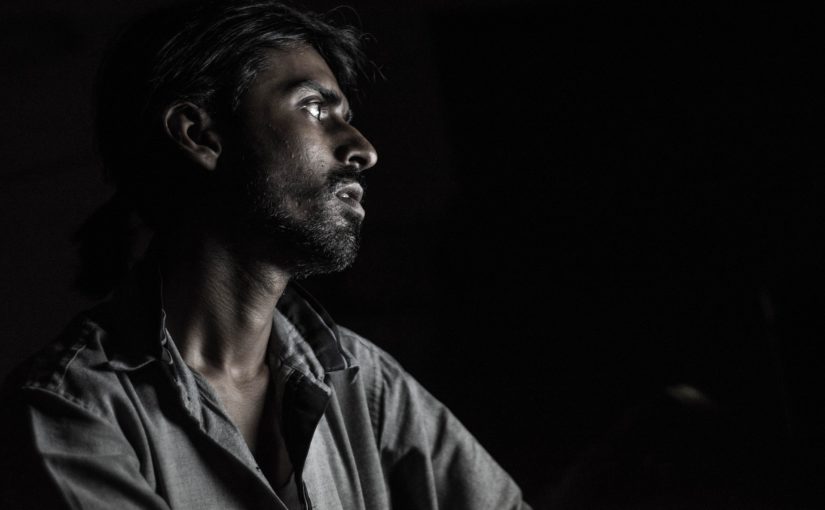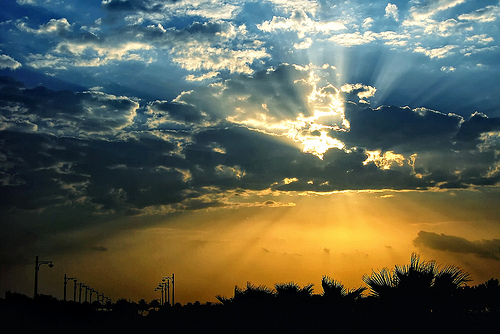Monday, March 27 – Mark 1:1-11
1 The beginning of the good news of Jesus Christ, the Son of God.
2 As it is written in the prophet Isaiah,
“See, I am sending my messenger ahead of you,
who will prepare your way;
3 the voice of one crying out in the wilderness:
‘Prepare the way of the Lord,
make his paths straight,’”
4 John the baptizer appeared in the wilderness, proclaiming a baptism of repentance for the forgiveness of sins. 5 And people from the whole Judean countryside and all the people of Jerusalem were going out to him, and were baptized by him in the river Jordan, confessing their sins. 6 Now John was clothed with camel’s hair, with a leather belt around his waist, and he ate locusts and wild honey. 7 He proclaimed, “The one who is more powerful than I is coming after me; I am not worthy to stoop down and untie the thong of his sandals. 8 I have baptized you with water; but he will baptize you with the Holy Spirit.”
9 In those days Jesus came from Nazareth of Galilee and was baptized by John in the Jordan. 10 And just as he was coming up out of the water, he saw the heavens torn apart and the Spirit descending like a dove on him. 11 And a voice came from heaven, “You are my Son, the Beloved; with you I am well pleased.”
Points of Interest:
- After several centuries of thought and prayer and debate, majority consensus amongst Christian leaders was that the best way to understand Jesus was to consider him as both fully human and fully divine. Mysterious as this statement is, I personally find it to ring both deeply true and deeply helpful. That said, no one in the first century put it quite that way. But Jesus’ first followers were struck by this person who experienced a God-soaked world like no one else and who helped others experience a God-soaked world as well. This was one of many ways that Jesus was good news. Jesus seemed to give others a whole new level of access and depth to their experience of God.
- Mark’s first verse, which is really a title, is also an invitation – today can still be the beginning, or a new beginning, of Jesus’ good news to each of us.
- Before Jesus hits the stage, Mark gives us a short opening act: the quirky and colorful and cross-cultural John the Baptizer. John’s job is to warm up the stage, or prepare the way for Jesus. He does this by telling people to repent or reorient – to turn away from godless thinking and living and to turn toward God and God’s cleansing and acceptance.
- The vehicle for this turning toward God is baptism. The word in Greek means something like “to immerse in water.” Its roots are in Jewish ritual washing – especially the tevilah – a full body immersion in water to mark conversion to Judaism or any number of occasions that symbolized cleansing, acceptance by God, and a return to relationship with God.
- John offers a baptism that will symbolically prepare people for connection with God. John says God’s next spokesperson, which turns out to be Jesus, will immerse people in the very presence and experience of God. John has immersion in water to offer, Jesus offers immersion in God. This is part of the New Covenant spirituality we’ve mentioned off and on in this season – actual, deep experience of God available through Jesus for all people, at all times.
- Unexpectedly, the person to offer this baptism first receives it himself. Jesus is lowered into the river by John, and as he’s standing up, he himself experiences what John says Jesus will do for others. Jesus is immersed in, surrounded by, and filled with God. (This is a confusing but deep thought. Let’s say it again. In Jesus’ own baptism, he experiences what he will henceforth offer to others – a deep experience of the presence of God.)
- What is this experience of God like? Jesus sees a vision – something he can only describe as kind of like a bird appearing and descending from the sky to him. And he hears God speak to him – “You are my child, the one I love. And I am so happy with you and proud of you.” Let’s not assume total literalism with the bird and the words. We don’t know how Jesus saw and heard in this moment. Spiritual experiences, as we’ve discussed, are famously ineffable – hard to put into words. Whether this was happening in Jesus’ external senses – really seeing and hearing as we usually mean those words – or whether these were clear thoughts appearing in Jesus’ mind, we don’t know. We also don’t know how much of this experience was unique to Jesus and how much it’s a pattern for everybody’s experience as a child of God.
- It seems safe to say, though, that Jesus’ experience isn’t entirely unique to him. His Jesus-centered baptism is the first of many. Immersion in God as God’s child will always include an experience of God’s love, God’s acceptance, and God’s pleasure.
Prayer for our six – Pray that any of your six who would like it will experience some degree of “baptism” in to God’s love, acceptance, and pleasure – to know for themselves that they are a beloved child of God.
Spiritual Exercise – This week our spiritual exercise will be listening to and meditating on the words of Jesus, letting God speak to us through them. In today’s passage, Jesus is baptized into his identity as child of God. He hears God tell him, “You are my child, the one I love. I accept you and am proud of you.” Sit quietly and imagine God speaking these words to you. What is your reaction to these words? How are they easy or hard to receive? How do they encourage or inspire you?


